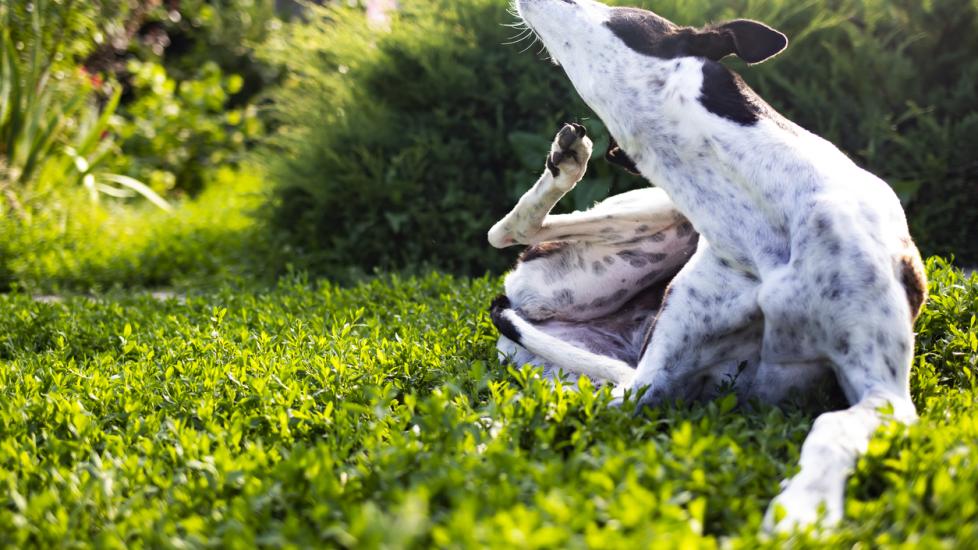As a pet expert with a penchant for writing that resonates deeply and captivated readers, I am here to delve into the mysterious world of canine itchiness. Dogs scratch—it’s a fact of life; however, when excessive scratching becomes a persistent behavior or is accompanied by redness, bald spots, or discomfort, it may be indicative of an underlying issue. Understanding why your dog is experiencing such intense itching is crucial in providing them with relief and maintaining their overall well-being. Let us embark on this journey together as we explore various causes and solutions to help alleviate your furry friend’s distress.
Understanding Canine Skin: A Complex Tapestry
Dogs have evolved over millennia with skin designed to protect them from the elements while also allowing them to maintain a comfortable body temperature. Their coats serve multiple purposes including insulation against cold temperatures, protection from UV rays, and camouflage within their natural environment. However, just like humans, dogs are not immune to skin issues that can lead to irritation and relentless scratching.
Possible Causes of Excessive Scratching
- Allergies: Environmental allergies (pollen, dust mites), food allergies, and contact allergies (flea bites, certain fabrics) can trigger reactions causing severe itching.
- Parasites: Fleas, ticks, mange mites, and other parasitic invaders can wreak havoc on a dog’s skin, leading to relentless scratching.
- Skin Infections: Bacterial infections, yeast infections, and hot spots can all cause inflammation and itching.
- Hormonal Imbalances: Pets suffering from hypothyroidism or Cushing’s disease might experience increased sensitivity to allergens due to hormonal fluctuations.
- Genetic Predisposition: Some breeds are more prone to certain skin conditions due to genetic predispositions passed down through generations.
- Medical Conditions: Certain medical conditions, such as cancer, autoimmune diseases, or kidney failure, can manifest symptoms that include itchy skin.
- Stress and Anxiety: Psychological factors can sometimes contribute to compulsive behaviors like excessive licking or chewing, which can lead to skin irritations.
Providing Relief and Solace
Once you identify the root cause(s) of your dog’s itchiness, you can begin implementing appropriate treatments tailored to address those specific needs. Here are some general steps to consider:
- Regular Check-Ups: Schedule regular veterinary appointments to monitor your dog’s health and catch any potential problems early.
- Environmental Control: Keep your home free of allergens by vacuuming frequently, using air filters, and minimizing exposure to triggers if possible.
- Flea and Tick Prevention: Use recommended preventative measures year-round to keep these pesky critters at bay.
- Proper Grooming: Regular grooming helps remove dead hair, dirt, and debris that could exacerbate skin irritation.
- Healthy Diet: Ensure your dog is eating a balanced diet that supports healthy skin and coat condition. Consider consulting with a veterinarian nutritionist if needed.
- Supplements: Omega-3 fatty acids, probiotics, and vitamin E supplements can support skin health and reduce inflammation.
- Manage Stress: Engage in activities that promote mental stimulation and calmness, such as training sessions, playtime, and massage therapy.
In conclusion, understanding why your dog is excessively itching involves a multifaceted approach that considers both environmental factors and internal health concerns. By working closely with your veterinarian and being attentive to your dog’s needs, you can create a nurturing environment where your beloved companion feels comforted rather than compelled to scratch. Remember, every pup is unique, so what works wonders for one dog might not be the solution for another. The key lies in patience, observation, and professional guidance until you find the perfect balance that brings serenity back into Fido’s world.
